|
Genres, Themes, Actors, and Directors:
- Artists
- Biopics
- Charles Laughton Films
- Elsa Lanchester Films
- Historical Drama
- Roger Livesey Films
Review:
While Charles Laughton is perhaps best known for his Oscar-winning performance as Henry VIII (in Alexander Korda’s The Private Life of Henry VIII, 1933), many believe that his work in this little-seen historical biopic by Korda is even better. Refreshingly, at just 81 minutes long, the episodic Rembrandt doesn’t try to relate every detail of the famed artist’s life: instead, it starts with the death of Rembrandt’s (unseen) wife Saskia, then moves on to chronicle Rembrandt’s financial struggles, his relationship with his sharp-tongued housekeeper (Gertrude Lawrence), and his scandalized but loving affair with a housemaid (Lanchester). Korda’s decision not to show Rembrandt’s paintings (with the strategic exception of “The Night Watch” — an essential early plot element) is a wise one; instead, the film’s impressive attention to visual detail (sets, costumes, and props are all stunning) allows us to feel genuinely immersed in Rembrandt’s work-a-day world of 17th century Holland. It’s Laughton’s central performance that really carries the film, however: even when simply reading scripture passages, the world around him literally stands still, and we along with it. While I’m not normally a fan of Hollywood biopics (they tend to take themselves far too seriously, not to mention playing fast and furious with the facts), Rembrandt stands out a notch above the crowd, and remains worthy viewing for all film fanatics.
Note: Theatre fans will be especially gratified to see Gertrude Lawrence in one of her few cinematic appearances; she’s a worthy match for Laughton (as is his real-life wife, Elsa Lanchester). Watch also for a nearly unrecognizable performance by Roger Livesey as “Beggar Saul”.
Redeeming Qualities and Moments:
- Charles Laughton as Rembrandt
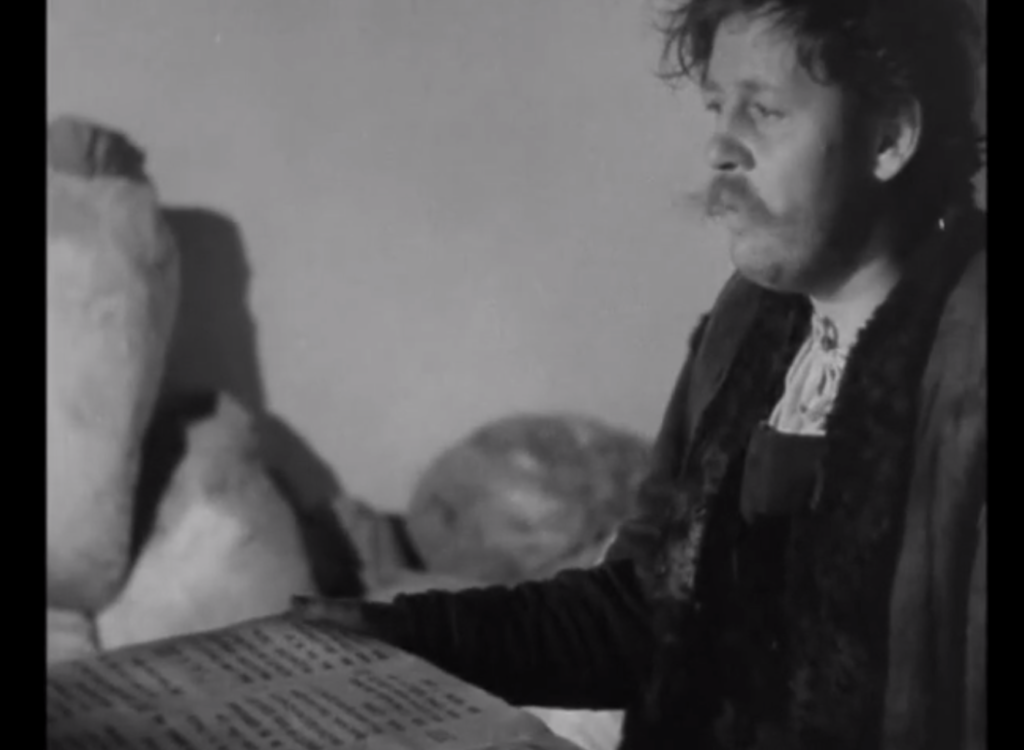
- Elsa Lanchester as Hendrickje
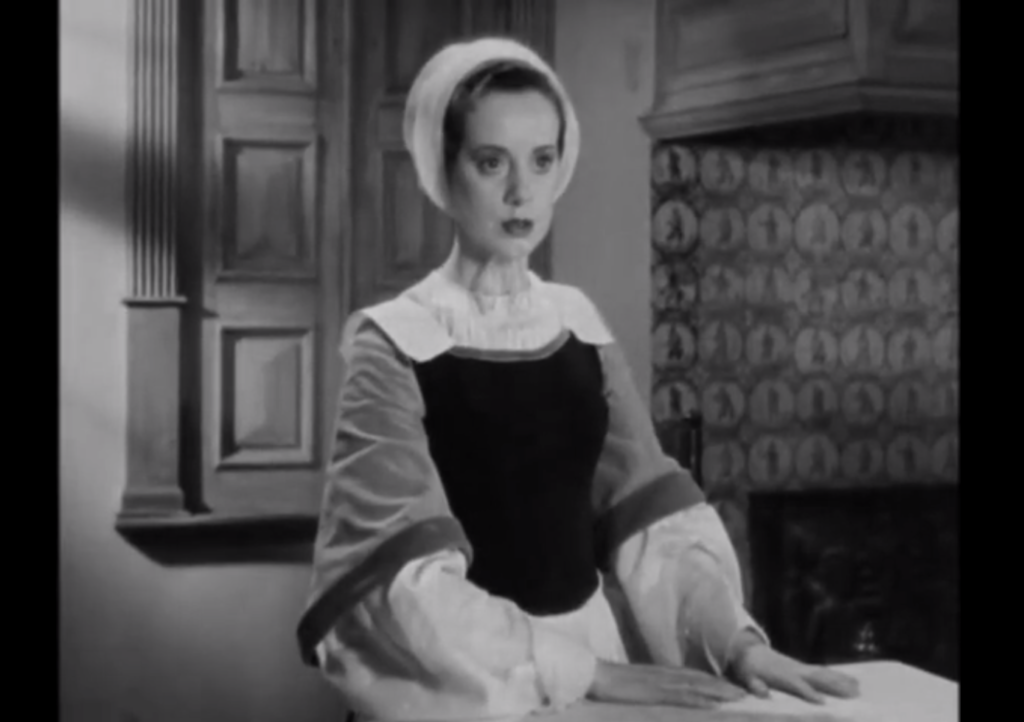
- Gertrude Lawrence as Geertje
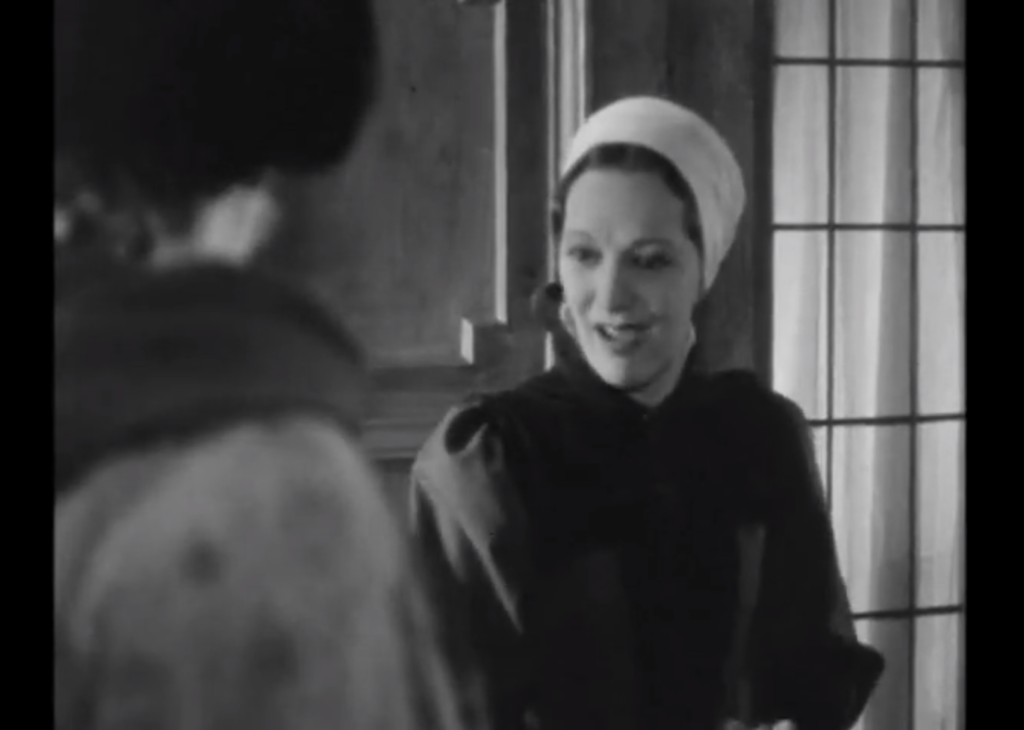
- Georges Perinal’s cinematography
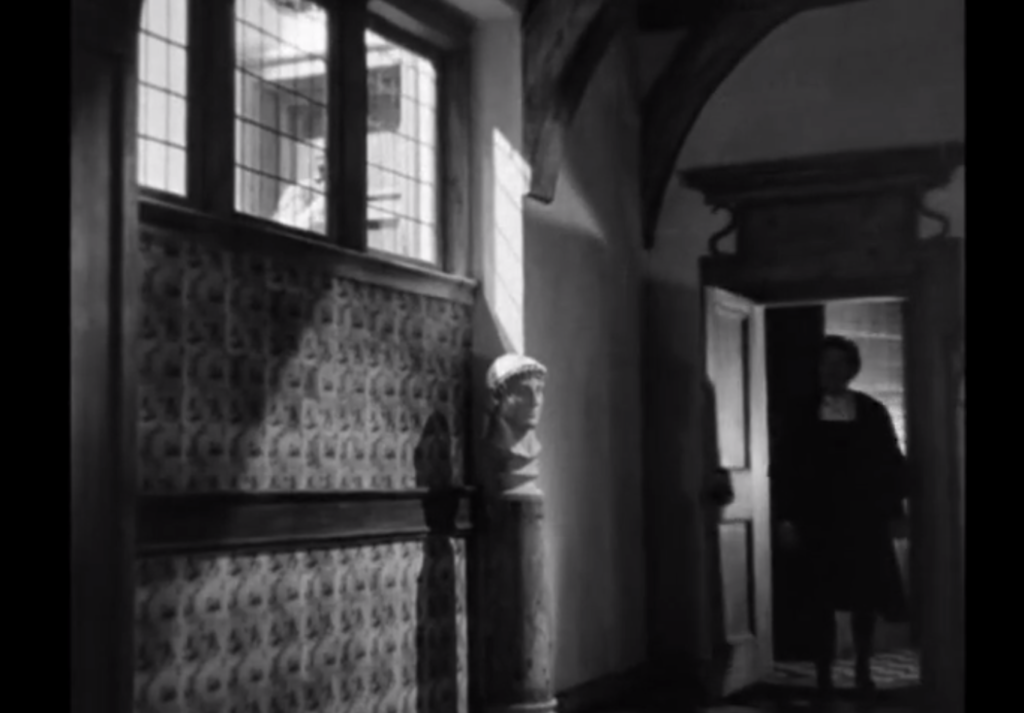
- Vincent Korda’s stunning sets
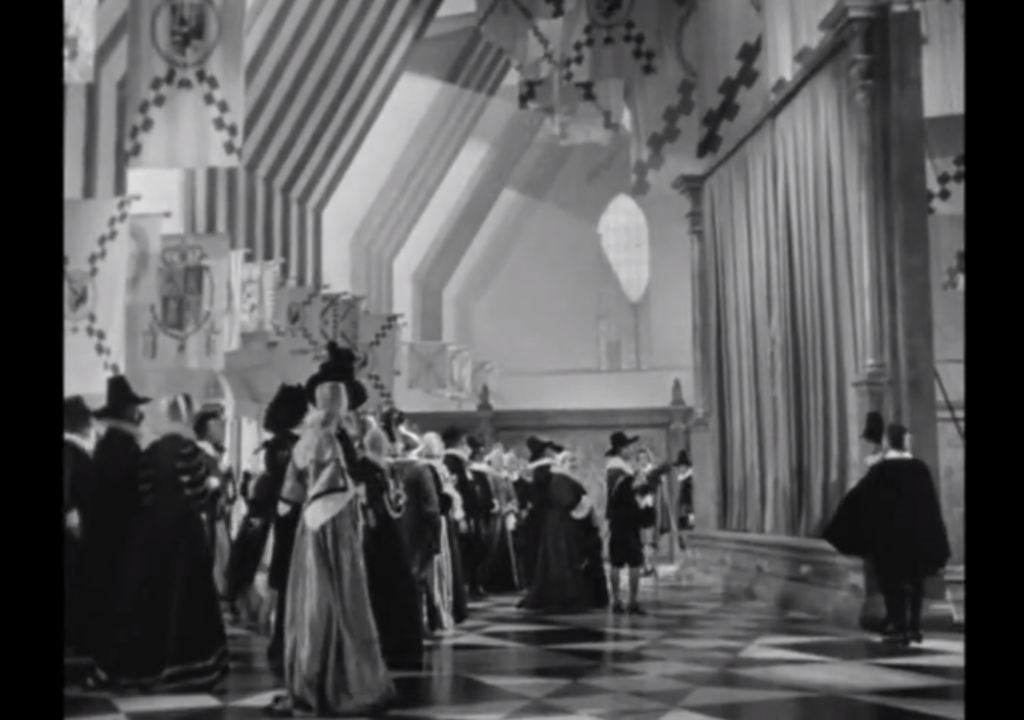
- Fine period detail
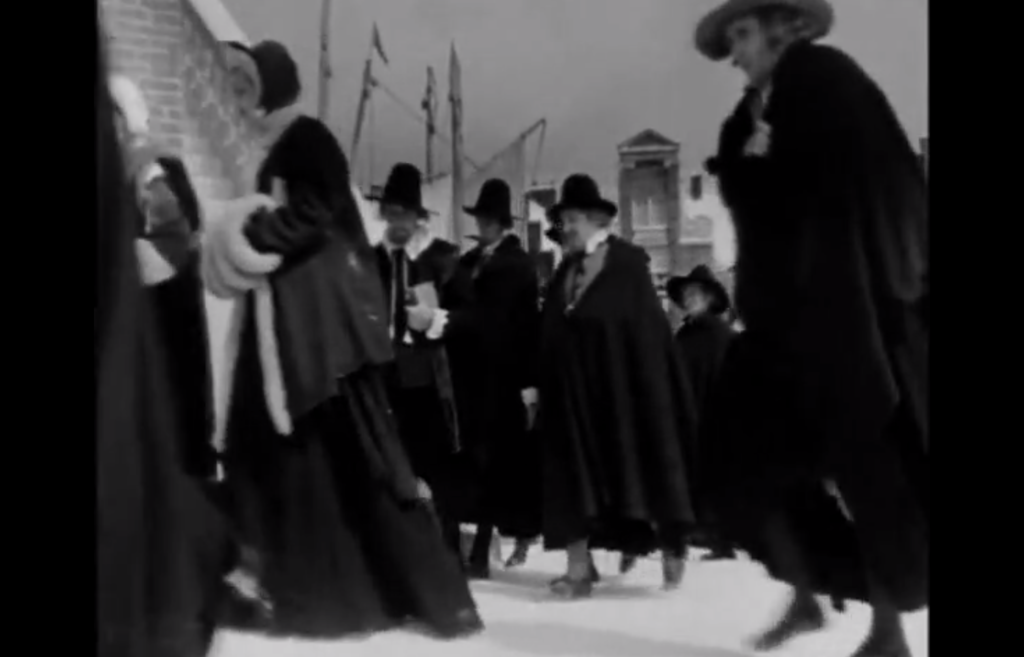
Must See?
Yes, for Laughton’s noteworthy performance.
Categories
- Noteworthy Performance(s)
Links:
|
One thought on “Rembrandt (1936)”
A must!
A remarkable film which I’ve somehow not managed to catch all these years, til now. And what a rare thrill – a biopic which is actually pretty much a real biopic. Since we don’t go into such films trusting them overall, I tend to follow-up with an online search – i.e., Wikipedia. When I hunted down the facts this time, I found – much to my delight – that the events of the film can actually be verified as some of the events of Rembrandt’s life. Gee!
All four of the main actors – Laughton, Lawrence, Lanchester and Livesey – do fine work. Laughton is better than fine, actually, he’s marvelous, with his generally bemused (if occasionally irritated) manner. His Rembrandt lives in a world much to his disliking and he’d rather have as little to do with it as possible: “The world is a narrow cage and closed on four sides by iron bars. You beat your head against those bars until you’re sick.” What a depressing environment for a painter to be in – with everyone around you telling you what kind of paintings you should be doing if you want to be accepted and successful. The scene of the unveiling of ‘The Night Watch’ in particular – with reactions ranging from laughter to outrage – is effective in revealing what was ridiculously expected of artists at that time. It is also among the film’s best moments: Rembrandt is chastised for not capturing the soldiers with proper dignity; his eloquent, detailed response informs his audience exactly why there was precious little dignity to capture. (Bravo!) Don’t be surprised if you’re swept away by Laughton’s performance in this film, especially his way of often savoring the pointed meaning of words.
This is also a wonderful opportunity to see Lawrence shown off to better advantage. (Her work years later in ‘The Glass Menagerie’ is not as memorable as it might have been; but that’s a disappointing film anyway.) Lanchester is more subdued here, which is refreshing. And, as a beggar, Livesey is quite, well, snappy somehow.
I have one minor criticism of the essentially sharp script: near the end, there is a scene in which Lanchester helps Laughton in recalling the first day they met. It’s a self-conscious and false move toward sentiment, I think, for the scene becomes an almost-verbatim reprise. It’s unfortunate that the story momentarily goes this sappy route.
That aside, ‘Rembrandt’ is very satisfying as entertainment and as an art history lesson. Korda’s direction is solid and the film is marvelously designed in all aspects. This one’s a pleasure!